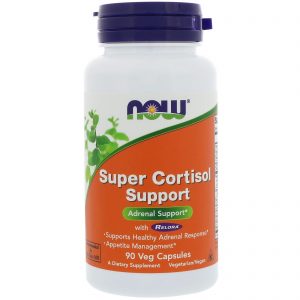The properties of Magnolia-Bark
Magnolia officinalis (commonly called houpu magnolia or magnolia-bark) is a species of Magnolia native to the mountains and valleys of China at altitudes of 300–1500 m.
The highly aromatic bark is stripped from the stems, branches, and roots and used in traditional Chinese medicine, where it is known as hou po (厚朴; thus the common name). The traditional use indications are to eliminate damp and phlegm, and relieve distension.
The bark contains magnolol and honokiol, two polyphenolic compounds that have been demonstrated as peroxisome proliferator-activated receptor gamma (PPAR gamma) agonists and GABAA modulators. Preclinical studies have evaluated their various potential applications including antioxidant, anti-inflammatory, antitumor, and antimicrobial properties.
Ethanol extracts of Magnolia produce a concentration-dependent inhibition of compound 48/80-induced histamine release and anti-inflammatory and antimicrobial activities(1004).



























































